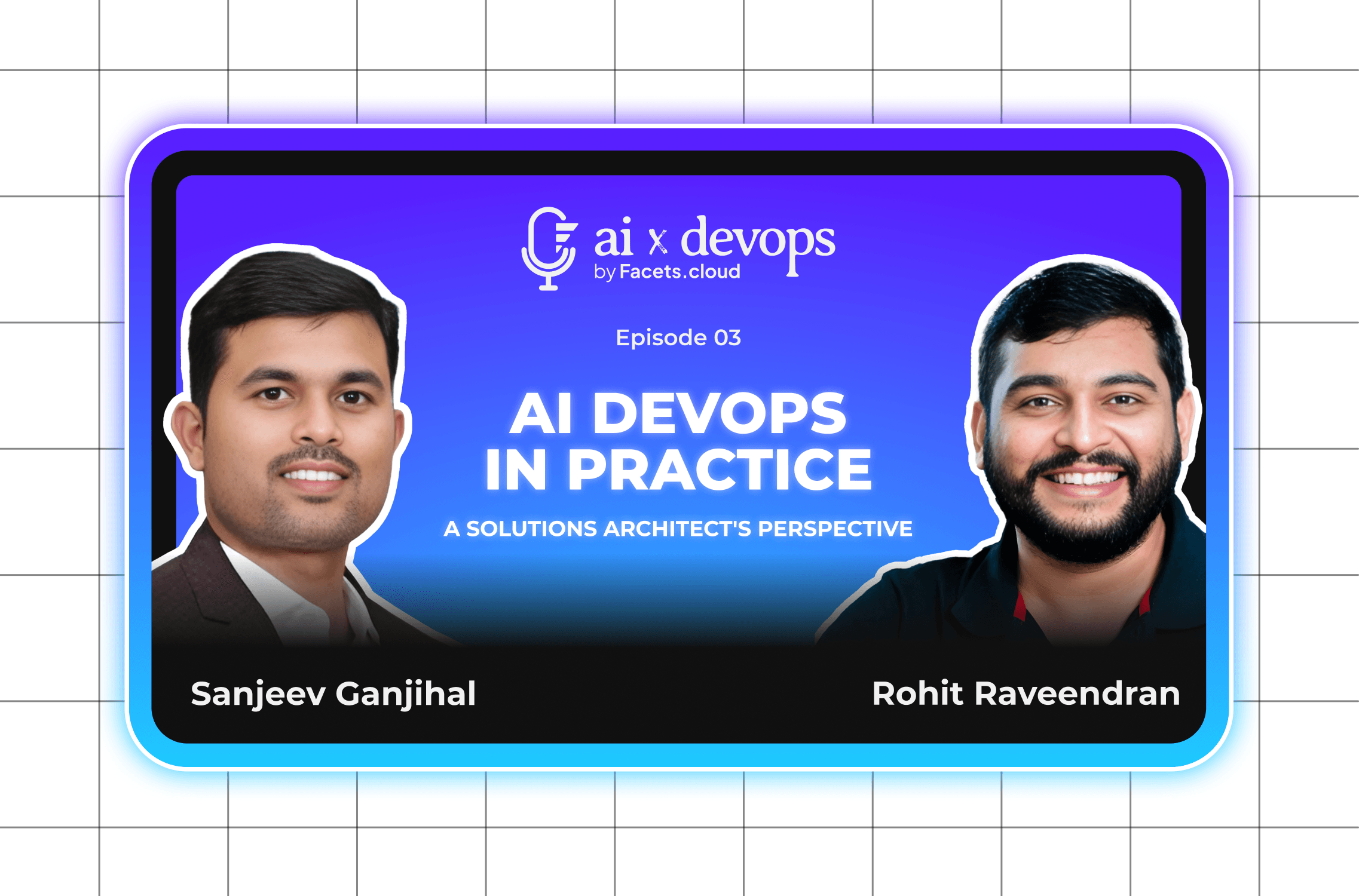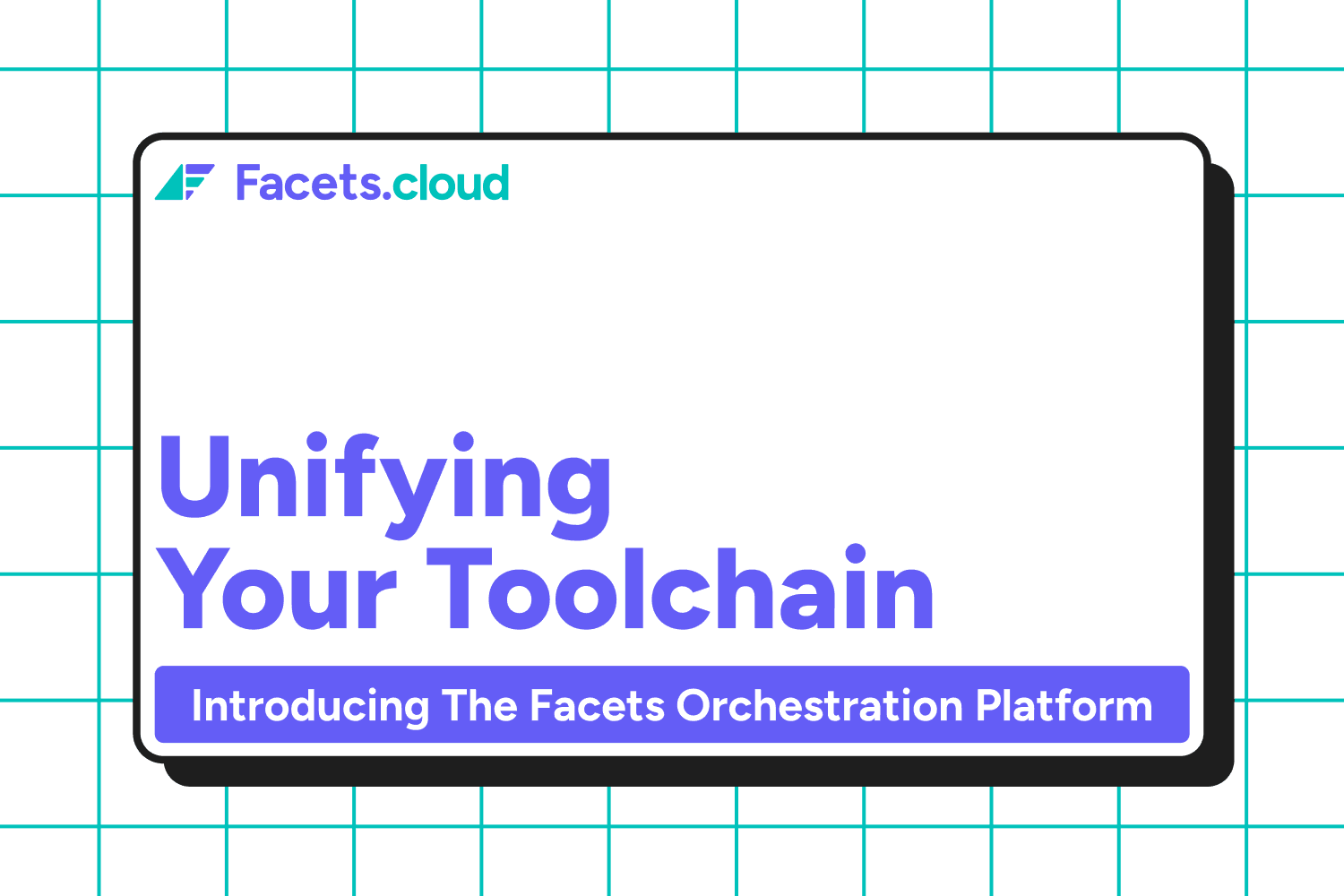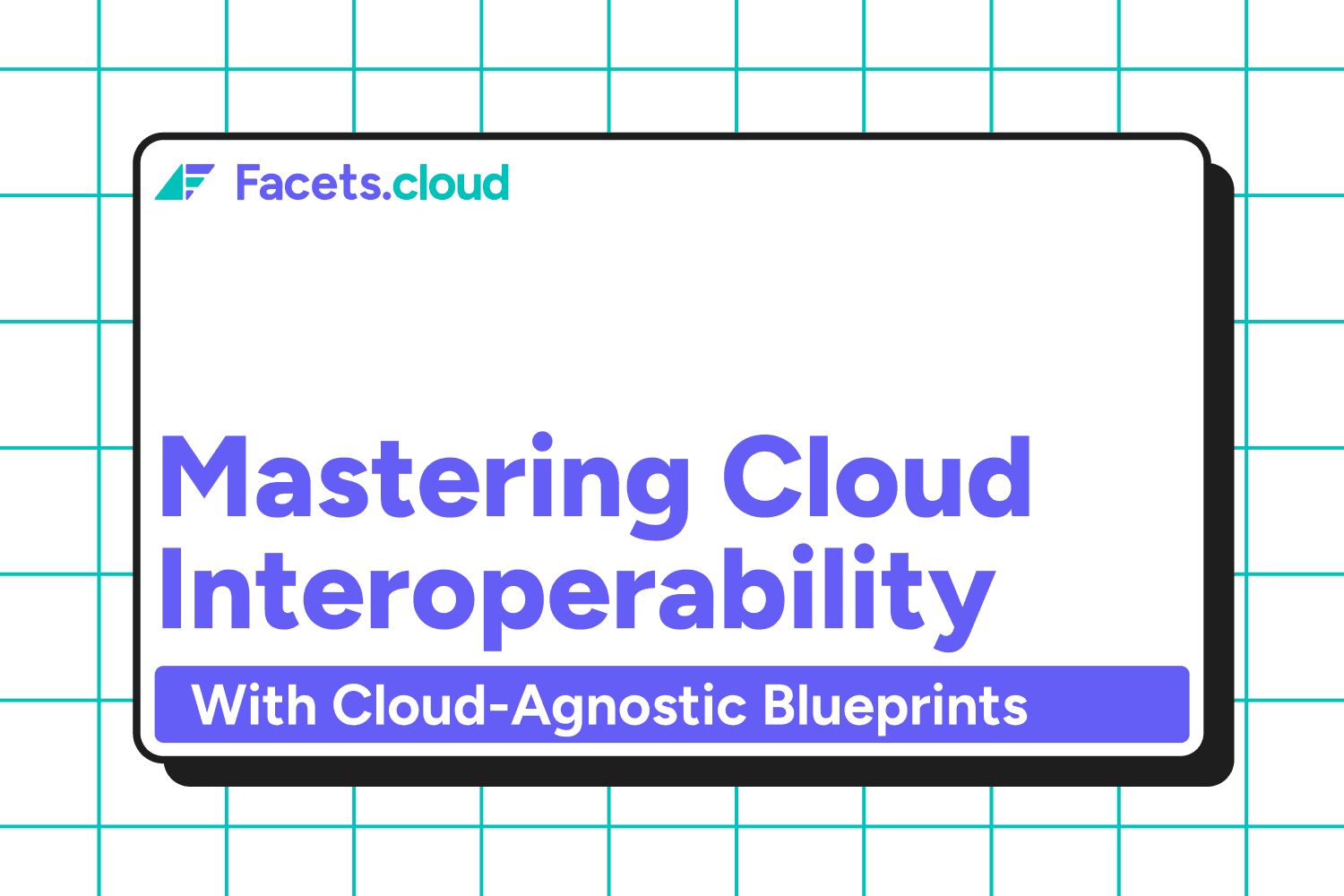
The evolution of DevOps has been marked by a series of transformative changes, with the recent widespread adoption of Platform Engineering being the latest.
However, the evolution hasn’t stopped there. Platform engineering has had a series of transformations too. And it’s not just about adding new tools and technological enhancements. It’s more than that.
So, What’s More to These Transformations
The goal now is to move away from command-based operations towards smooth, automated DevOps processes. This not only enhances developer experience and productivity but also, in the process, evolves operations teams.
Here platform engineering plays a pivotal role. How? The idea is to build platforms by first understanding contemporary developer workflows and effectively identifying areas of friction in the software delivery processes.
The Evolution of the Ops Role: Stepping Into a Facilitator's Role
When an organization embraces platform engineering, the operations team naturally evolves.
This evolution first redefines the organization's internal DevOps frameworks, then accelerates its path to achieving goals. As this transition progresses, the Ops team takes on the role of an ‘infrastructure facilitator’ more prominently.
This evolution requires the Ops team to rethink their role – acting as a bridge and ensuring developers receive the tools and resources they need for more efficient code deployment to production.
Platform engineering changes how the development and operations teams collaborate, moving beyond simply handling tickets back and forth (Ticket Ops).
Here's how Ops teams can spearhead this change:
- By breaking down dependencies: By minimizing daily dependencies, Ops teams can free up bandwidth to concentrate on improving the internal product for developers.
- By empowering developers: The Ops team uses the extra time to refine "golden paths," allowing developers to quickly address most of their requirements without compromising cloud posture.
- By driving purpose and standardization: The "golden paths" result in consistent and accessible DevOps processes.
- By driving aligned autonomy: The Ops team will expand its role to include quality assurance (QA) and security, allowing these groups to operate more independently.
This change involves a shift from simply executing tasks to acting as facilitators. By creating streamlined processes, we enhance developer productivity and agility.
How Businesses Profit from Platform Engineering
With the integration of IDPs and the implementation of Platform Engineering, the primary objective is clear: enhance visibility and control over software delivery. This allows organizations to accelerate application development, mitigate risks effectively, and optimize costs.
One crucial factor in achieving this is an organization's ability to swiftly adapt to changing business needs. These changes often arise from market influences for a variety of reasons.
Such adaptations often lead to changes in infrastructure, which may involve geographic expansion, local company strategies, or multi-cloud approaches. The introduction of platform engineering brings several key benefits, including:
- Agility: The ability to swiftly adapt to market demands and competitive pressures, setting the pace in the evolving business landscape by launching newer workloads.
- Faster geographic expansions: Seamlessly launch services in new regions, maintaining efficiency and compliance.
- Country-specific compliance requirements: Facilitate the implementation of local laws, preserving agility and efficiency.
- Facilitate multi-cloud operations: Enable consistent experiences across various cloud providers without sacrificing coherence.
Final Thoughts
Platform engineering isn't just a momentary trend; it fundamentally reimagines the way developers engage with technology and how organizations shape their DevOps workflows.
At the heart of this transformation is a focus on user-centric platforms. These platforms prioritize end-user needs, leading to more efficient and streamlined processes that accelerate development. Meanwhile, the notion of productization is about transforming technological solutions into standardized products, enhancing accessibility and in-house adoption are the primary factors determining whether a platform succeeds or fails.
Collectively, these ideas foster agility, allowing organizations to adapt rapidly to changing needs and challenges. Moreover, they enhance resilience, ensuring that systems and processes have the robustness to bounce back and evolve in the face of disruptions.
At Facets, we're deeply committed to the values of user-centric platform engineering, and the success of our early adopters attests to its impact.


